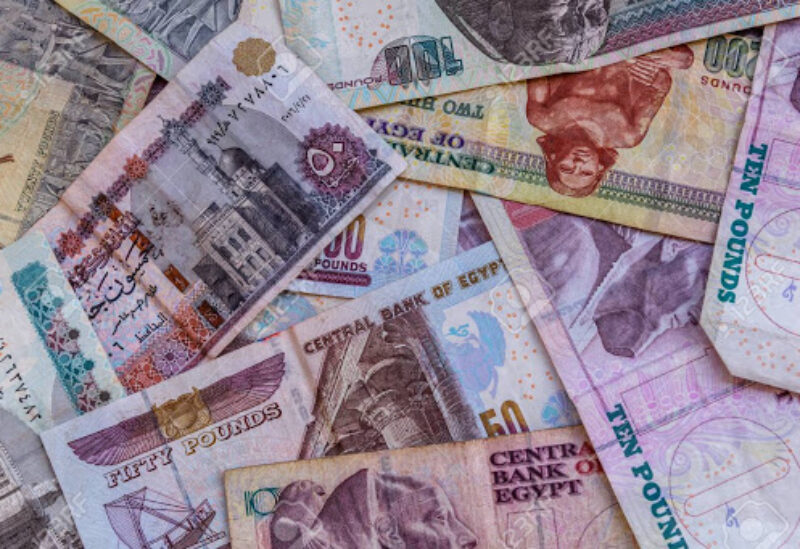
Egyptian currency
Egypt was the only Middle East economy to grow last year amid the Covid-19 outbreak and its government was lauded for its swift policy actions to mitigate the pandemic’s effects.
And though its investment in infrastructure and job creation provides a good springboard for a strong rebound, more needs to be done on implementing reforms to ensure the economy, which relies on millions of tourists and remittances, is able to chart its way forward, according to analysts.
“Yes, Egypt has no restrictions, no lockdowns per se and that’s why it’s one of the few economies that continued to grow throughout the pandemic. But Covid is still disruptive,” said Mohamed Abu Basha, managing director and head of macroeconomic analysis & research at EFG Hermes.
Tourism, which accounts for 12 per cent of Egypt’s GDP, was heavily hit by the pandemic with the number of visitors plunging more than 72 per cent in 2020 to 3.6 million from the previous year.
“Aside from tourism, it’s impacting consumption, impacting mobility, impacting demand. So it’s taking a bit more time than initially envisaged to recover,” said Mr Abu Basha.
North Africa’s largest and the Arab world’s third biggest economy expanded 3.6 per cent in the last fiscal year that ends on June 30, according to the International Monetary Fund. Growth in the Mena’s region’s most populous country will decelerate to 2.5 per cent this fiscal year, according to the lender, slightly above the World Bank’s 2.3 per cent forecast.
The slower growth in Egypt expected this coming fiscal year is well below the 5.5-6 per cent forecast the IMF had for the country prior to the pandemic.
The lower output “reflects damage to tourism, manufacturing and oil and gas extractives from the pandemic and the lingering impact of a decline in domestic demand, notably from a collapse in fixed investment”, the World Bank said in its Global Economic Prospects report this month.
Looking forward, it is now crucial that the country implement a second batch of reforms that began in 2016 and focus on recovery in its most essential sectors, while also managing downside risks, including a slow vaccine roll out and the protracted effects of a third Covid wave that peaked in May.